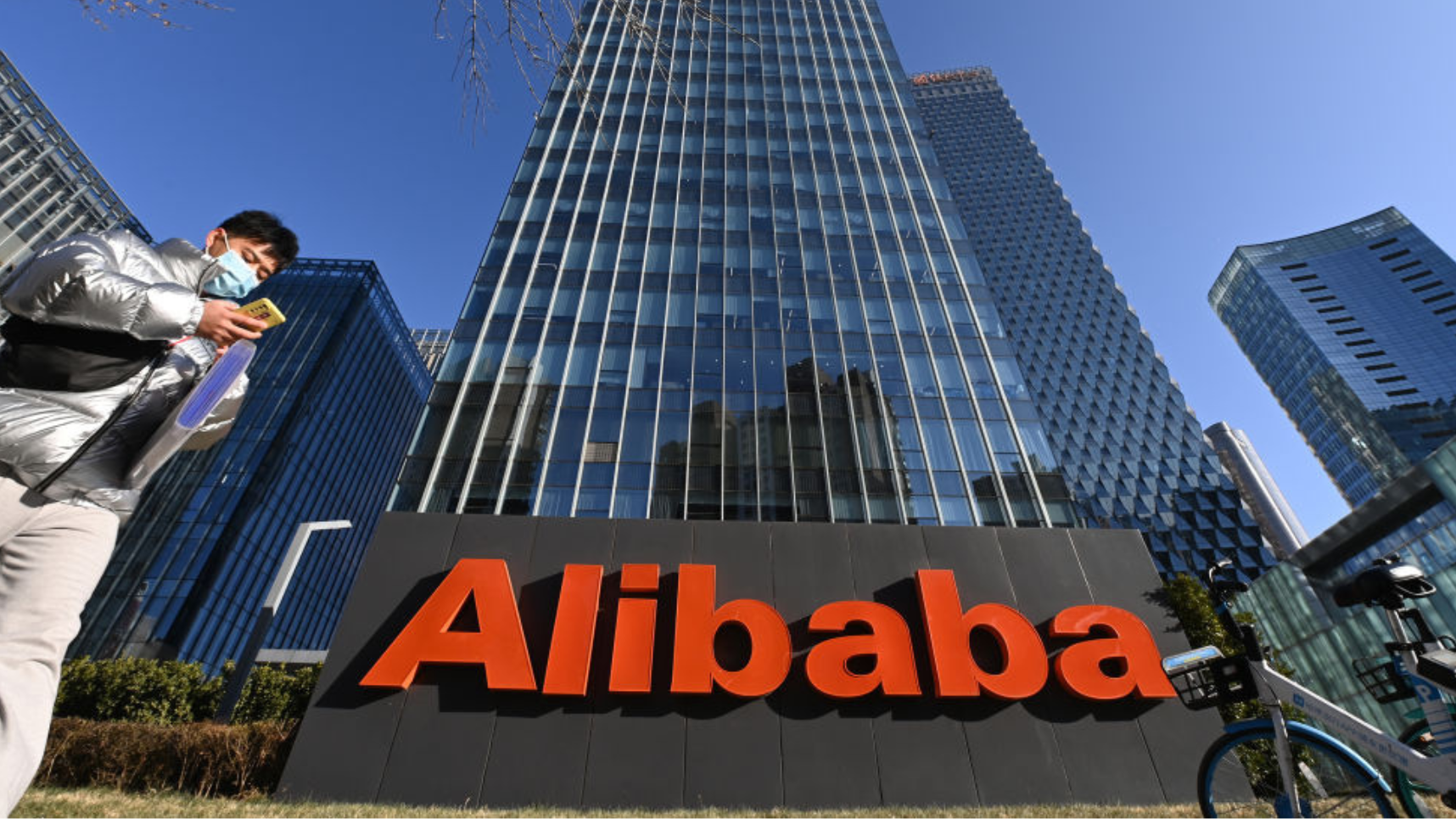Alibaba To Up AI Investment Over Next Three Years

Chinese tech giant Alibaba has announced plans to ramp up investment in artificial intelligence (AI) over the next three years, aiming to gain ground in the fast-evolving sector. The company’s chief executive, Eddie Wu, said on Thursday that Alibaba would pour more money into cloud and AI infrastructure during this period than it had invested in the past decade. However, Wu did not specify the exact sum to be spent.
In 2024 alone, Alibaba’s capital expenditure reached Rmb72.5bn (£8bn), a sharp rise from Rmb24bn (£2.6bn) the previous year. This surge in spending reflects the group’s growing focus on acquiring processors and infrastructure essential for training advanced AI models. Wu emphasised that the company's "primary objective" is to develop artificial general intelligence (AGI), a form of AI capable of human-like critical thinking. He added that Alibaba is preparing to launch a deep reasoning model to compete with similar offerings from China’s DeepSeek and US-based OpenAI.
The decision to increase AI investment coincides with Alibaba’s strongest quarterly performance in over a year. The company reported an 8% rise in revenue to Rmb280bn (£31.5bn) in the final quarter of 2024. Revenue from its cloud computing division climbed 13% to Rmb31.7bn (£3.6bn), driving Alibaba’s shares up by more than 9% in US pre-market trading. Overall, the company’s stock price has soared by over 50% since the start of the year, buoyed by a wave of enthusiasm surrounding AI advancements led by DeepSeek and a strategic partnership with Apple to integrate AI features into iPhones sold in China.
Investor confidence has also been bolstered by the return of Alibaba co-founder Jack Ma, whose presence at a recent meeting of top Chinese entrepreneurs, hosted by President Xi Jinping, signalled his renewed acceptance by the government. Ma’s return marks a turning point after a government crackdown on the tech sector that began in 2020.
Alibaba’s international ecommerce business posted strong growth, with sales rising 32% to Rmb37.8bn (£4.2bn), largely due to the success of its AliExpress platform, which competes with the likes of Temu. Meanwhile, domestic ecommerce revenue increased 5% to Rmb136bn (£15.3bn), supported by merchant fees on the company’s leading platforms, Taobao and Tmall. Li Chengdong, founder of the ecommerce think tank Haitun, said Alibaba had succeeded in stabilising its domestic business after a period of declining sales.
To cement its position in AI, Alibaba has been backing Chinese AI start-ups such as Moonshot and 01.ai, seeking to harness their expertise and gain a competitive advantage over rivals like Baidu and ByteDance. Over the past 18 months, the company has also open-sourced several large language models to attract developers to its cloud platform.
Despite its progress, Alibaba faces fierce competition from other Chinese tech giants, including Huawei. Charlie Dai, principal analyst at Forrester, noted that long-term success in AI will depend on strong research and development capabilities, with Alibaba, Baidu, Tencent, and Huawei all poised to benefit as AI adoption grows across industries.
World Liberty Seeks Federal Trust Charter
World Liberty Financial, the crypto venture backed by the Trump family, has applied for a US national bank trust charter... Read more
Saudi Banks Tap Overseas Markets
Saudi Arabia’s banks are borrowing from international markets at their fastest pace on record, as lenders try to squar... Read more
Amazon Continues To Cut 16000 Gone
Amazon has announced plans to cut a further 16,000 roles from its corporate workforce, extending the cost and organisati... Read more
The UK May Have A Voice In Ai
Europe’s AI sector has grown accustomed to playing catch-up. Capital has flowed more slowly than in Silicon Valley, va... Read more
Musk Applies Pressure To BT
Britain’s broadband market has spent the past decade locked in a familiar pattern. Incumbents invested heavily in fibr... Read more
Blackrock Sees EMEA Moving Into Private Assets
BlackRock has warned that investors across Europe, the Middle East and Africa are reshaping portfolios in response to wh... Read more

